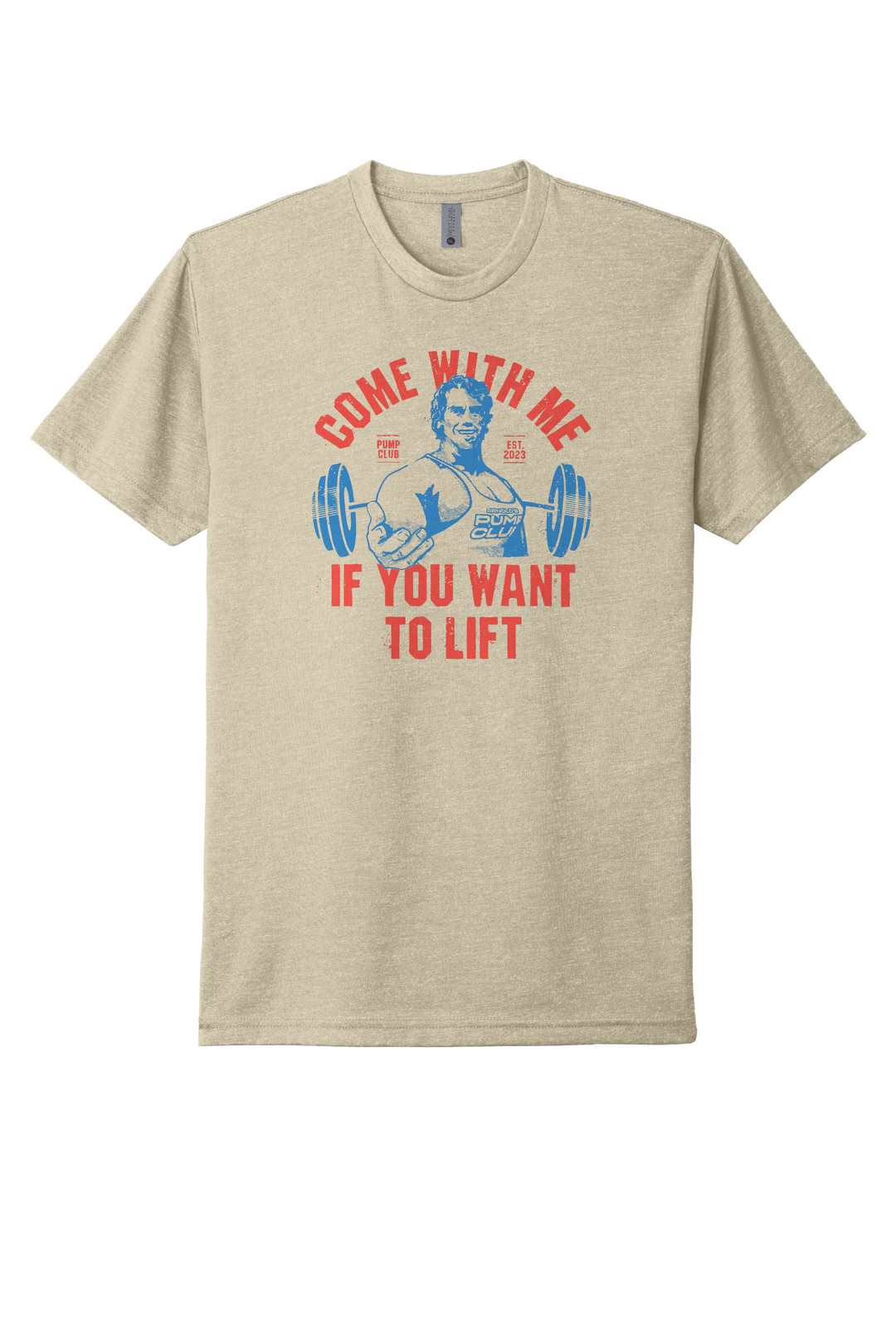Welcome to the positive corner of the internet. Here’s a daily digest designed to make you healthier in less than 5 minutes. If you were forwarded this message, you can get the free daily email here.
Today’s Health Upgrade
Eat your way to a longer life
The metabolism breaker
Back off
Want more stories from Arnold? Listen to Arnold's Pump Club podcast. It's like the daily newsletter, but with additional narration and thoughts from Arnold. You can subscribe on Apple, Spotify, Google, or wherever you listen to podcasts.
Eat Your Way To A Longer Life
For all the talk about taking ice baths and saunas, improving your longevity can be surprisingly simple.
Researchers found that a slightly reducing calories might help you live longer and reduce the risk factors associated with metabolic diseases.
In the study, people who reduced their calories by 15 percent — about 300 calories for someone on a 2,000-calorie diet — decreased their metabolic rate (a sign of aging) and reduced factors linked to insulin resistance, diabetes, and different cancers.
Genetics and other lifestyle variables influence aging (a lot), so trying to find a magic number of calories to cut aren’t worth your time. Instead, it helps to piece together what the research really shows and how calorie reduction supports your goal for a longer, higher-quality life. In general, research shows:
Carrying too much body fat shortens lifespan.
Inactivity and poor sleep negatively affect aging.
Smoking and drinking can shave off years.
Stressing frequently can harm longevity.
Social connection supports greater longevity.
Translation: you don’t need to cut a certain number of calories. But, you need to eat in a way that supports a healthy weight, allows you to connect socially, and fuels your body to live an active life.
A slight reduction in calories might help lower your weight, which can give you more energy to live your life, and this combination — along with other factors — could help you extend your lifespan. As Arnold says, small changes repeated over time lead to big results. Eat a little better, and live a little longer.
The Metabolism Breaker
Most people (cough, supplement companies) overstate how much you can speed up your metabolism. But, we might underestimate how easily a common weight loss method can disrupt it.
Researchers found that dieters who lost too much weight too soon following extreme, unsustainable behaviors severely disrupted their metabolism and made it harder to stay fit.
You might be familiar with the show The Biggest Loser, where participants competed to lose weight. But you might not know that researchers followed the participants for one season to see what happens after the cameras stop rolling. Even though almost everyone lost dozens of pounds (one participant lost 200 pounds), during a follow-up, thirteen of the fourteen contestants regained a significant amount of weight, and four of them were even heavier than before they started.
It wasn’t just that the participants were no longer dedicated to cutting weight all day. Their bodies started to fight against them, and on average, the participants were burning approximately 500 calories less per day than they would expect at their weight.
Six years later, the researchers followed up again and found that the hormone that affects hunger (leptin) was only functioning at about 60 percent of where it was prior to the weight loss.
The lesson: with weight loss, there can be such a thing as too much too soon. If you’ve crash dieted, the way to reset is to avoid extremes and plans with complete restriction. Instead, rebuild your body with healthier habits, including protein and fiber at each meal, ensuring you hydrate throughout the day (try to drink at least a cup of water before each meal), and prioritizing sleep (aim for 7 to 9 hours per night). In time, your body can reset and get back on a path to better, long-lasting health.
The One Time To Back Off
It’s Adam. For years, I’ve noticed a disturbing trend. Whenever I’m over-stressed and under-slept, it seems that I suffer some injury or setback. Turns out, there might be a scientific reason that suggests self-sabotage.
Researchers found evidence that people are twice as likely to suffer an injury when stress is high.
This doesn’t mean you shouldn’t exercise when you’re feeling overwhelmed or tired. Other studies also show that increasing your heart rate through movement can help you destress. But, the type of workout — or how hard your push yourself — determines whether your workout becomes the antidote or the poison.
In general, you probably want to limit workouts that you would rate a “9 or 10” on a 10-point perceived exertion scale when feeling most overwhelmed. This means high-stress days are not the ideal time to set a new PR, run longer or faster than ever, or push yourself to the point of complete exhaustion — even if that feels like what might be best. That approach is more likely to put you on the sideline, which might only increase your stress and frustration.
Instead, go for a walk or do a moderate-intensity workout, whether playing sports or getting a great pump, and then call it a day. Once the high stress calms down, you can amp back up your intensity and be less likely to suffer an injury.























































